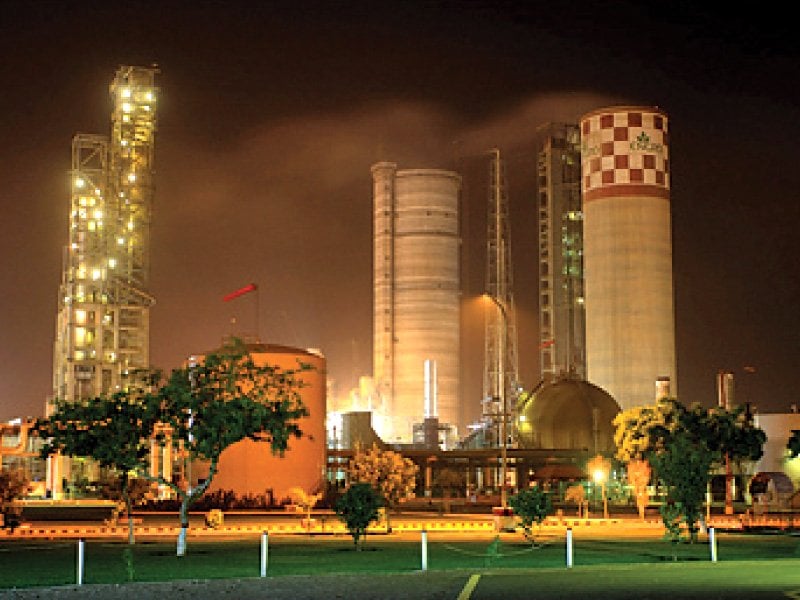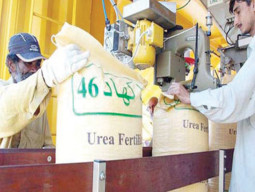
The Fertiliser Manufacturers Pakistan Advisory Council, a lobby group for the fertiliser industry, has sought judicious distribution of natural resources to keep all sectors of the economy running in order to step up economic activities and generate revenues for the national purse.
The association’s executive director Shahab Khawaja, in a statement issued on Monday, said the fertiliser manufacturers were not burning gas to run their plants alone, they also made maximum value addition by converting raw gas into urea grains and played an important part in the country’s economy.
He was speaking apparently in response to remarks made by Water and Power Minister Khawaja Mohammad Asif, who said last week that the government could not afford subsidised gas to fertiliser plants and supply to compressed natural gas (CNG) stations would be curtailed to cope with the energy crisis.
“Closing down few industries or giving priority to one sector over other will not solve Pakistan’s economic issues, the best way forward should be to analyse which sector is creating maximum value addition with natural resources, especially gas,” he argued.
Khawaja said any shortfall in domestic urea production would not only hurt the interest of poor farmers, who ensure food security for 180 million people of the country, it would also lead to import of expensive urea.
In the wake of gas curtailment in the last three years, the country was forced to spend $1.5 billion and pay a subsidy of around Rs80 billion on the import of 3.4 million tons of urea from 2010 to 2012. However, he expressed the hope that the new government would ensure judicious distribution of gas among all sectors of the economy.
Fertiliser manufacturers boast that they have invested $2.3 billion in the last four years that has made the country self-sufficient in urea production. With a consistent gas supply to fertiliser plants, they say, farmers can get this key input at the right time and at cost-effective rates, which will also help the government to slash the fiscal deficit as well as subsidy spending on imports.
Khawaja argued that all other industries could go for alternative fuels except for the fertiliser sector that uses gas as raw material to produce urea for the farmers, who also provide raw material to important industries like textile and food processing.
If gas remained discontinued to fertiliser plants in 2013 as well, he claimed, Pakistan would have to import one million tons of urea that could cost $450 million and a subsidy of Rs21 billion to match the imported and domestic prices.
Based on the current feed and fuel gas prices, according to Khawaja, subsidy per bag of urea came to Rs228 and if the government took away the subsidy, urea prices would only increase by Rs228.
On the other hand, the difference between domestic and international urea prices is more than Rs1,000 per bag. “The subsidy provided on gas by the government to the fertiliser sector is consistently being passed on to the farmers in shape of price markdown,” he said.
Published in The Express Tribune, June 25th, 2013.
Like Business on Facebook, follow @TribuneBiz on Twitter to stay informed and join in the conversation.









































COMMENTS
Comments are moderated and generally will be posted if they are on-topic and not abusive.
For more information, please see our Comments FAQ